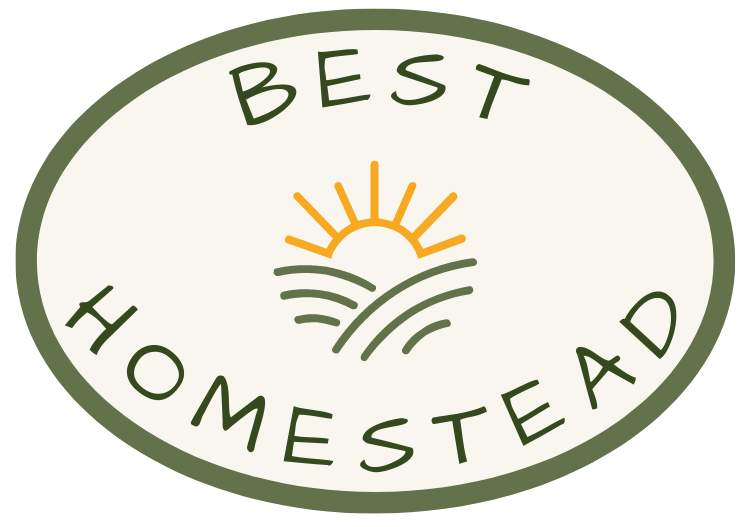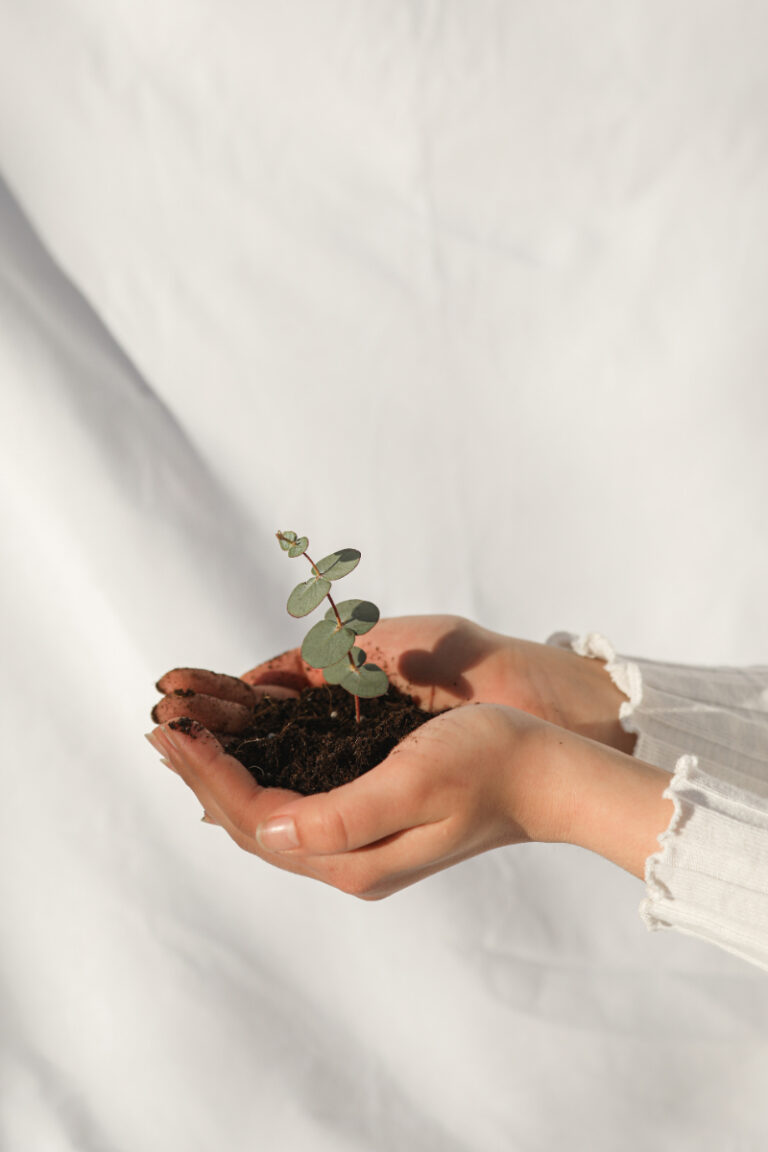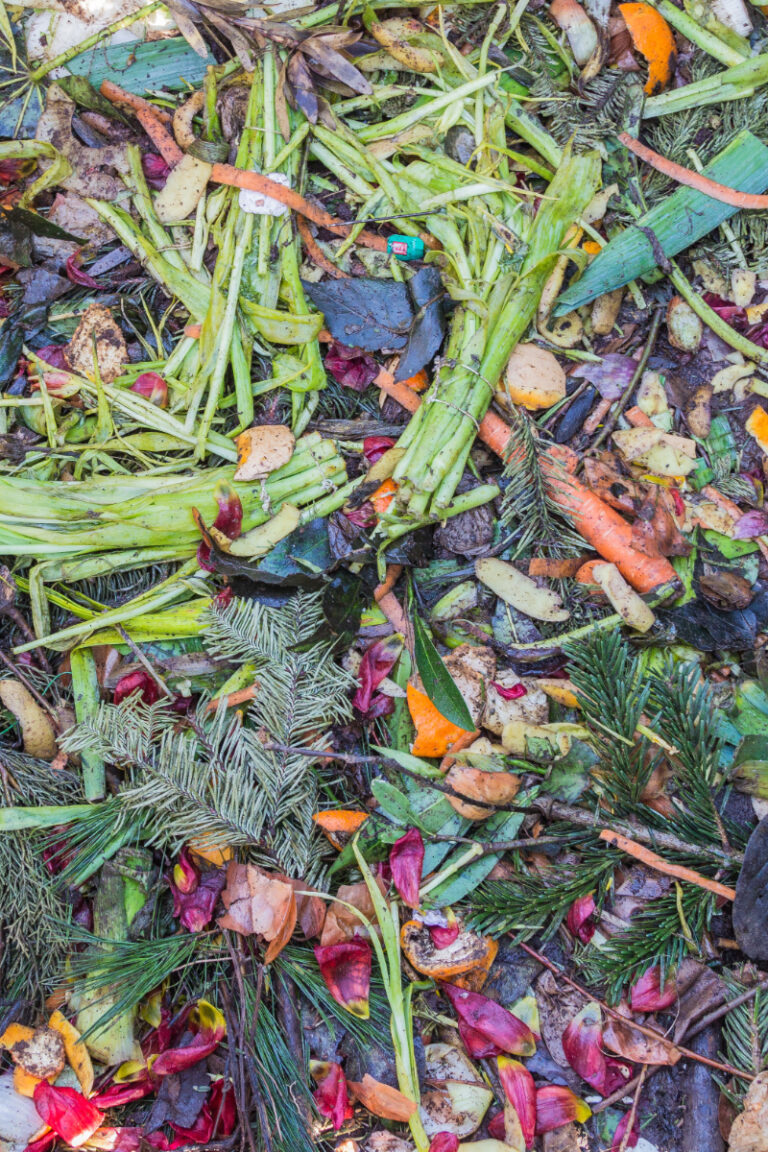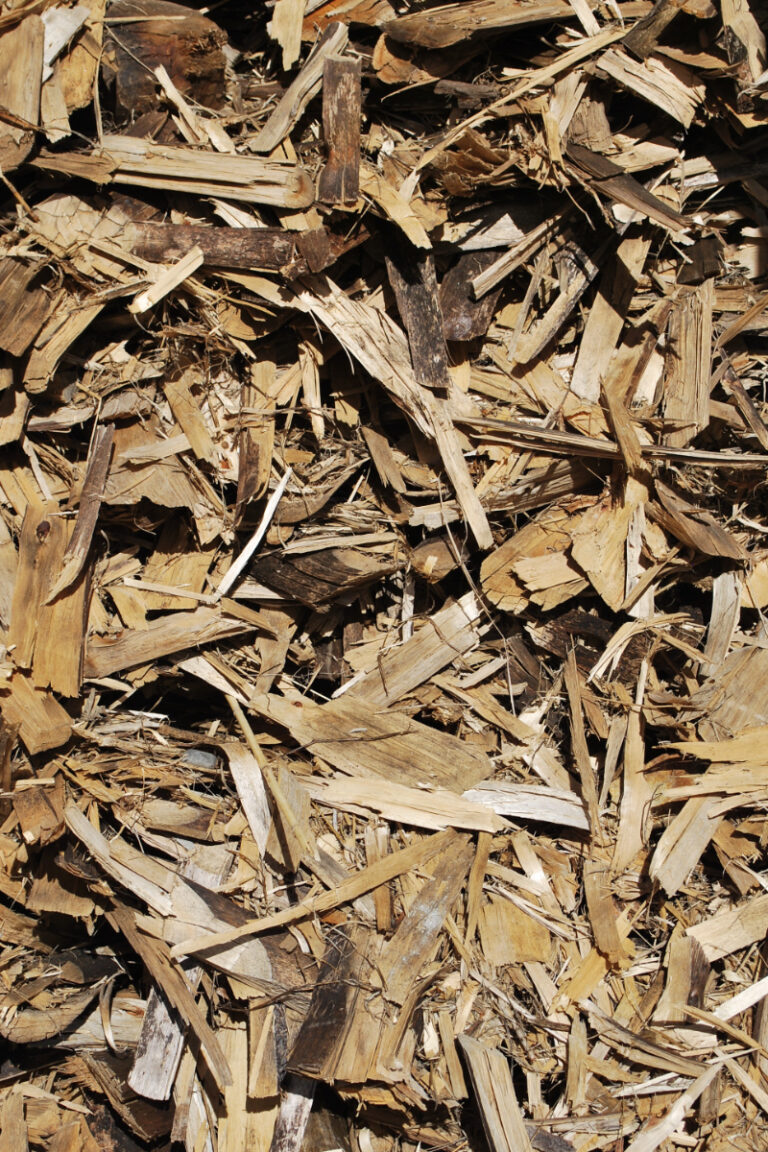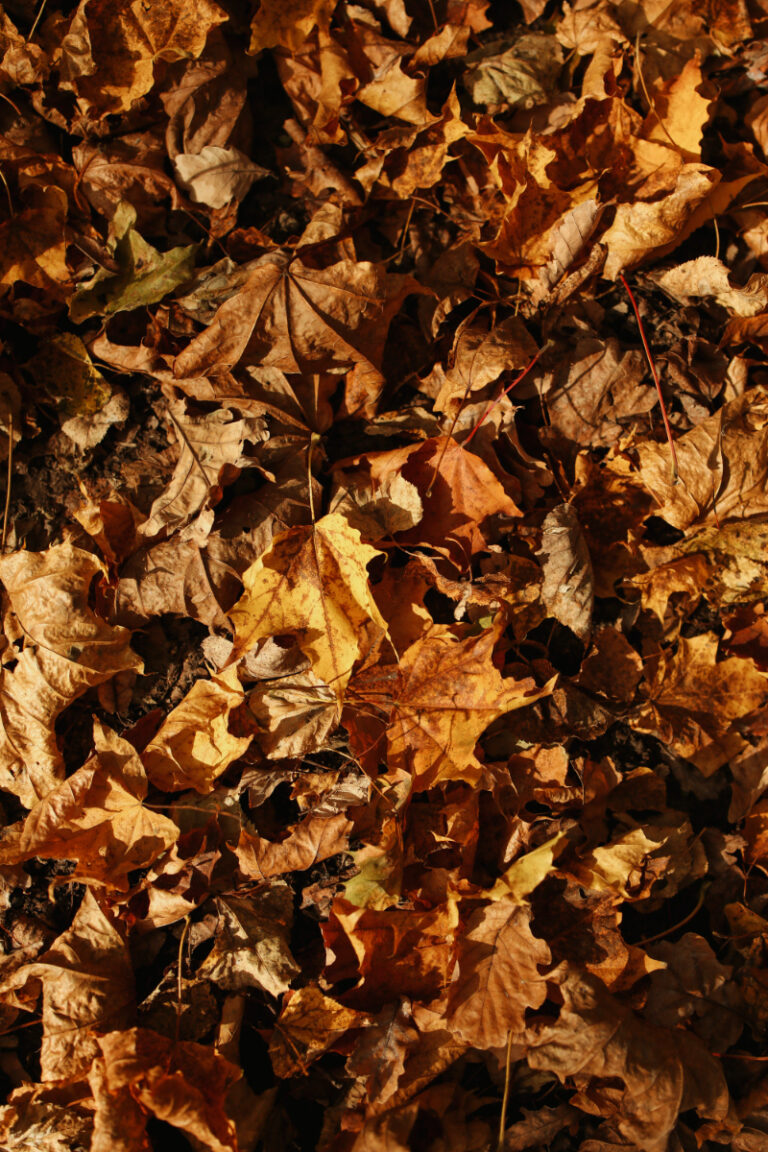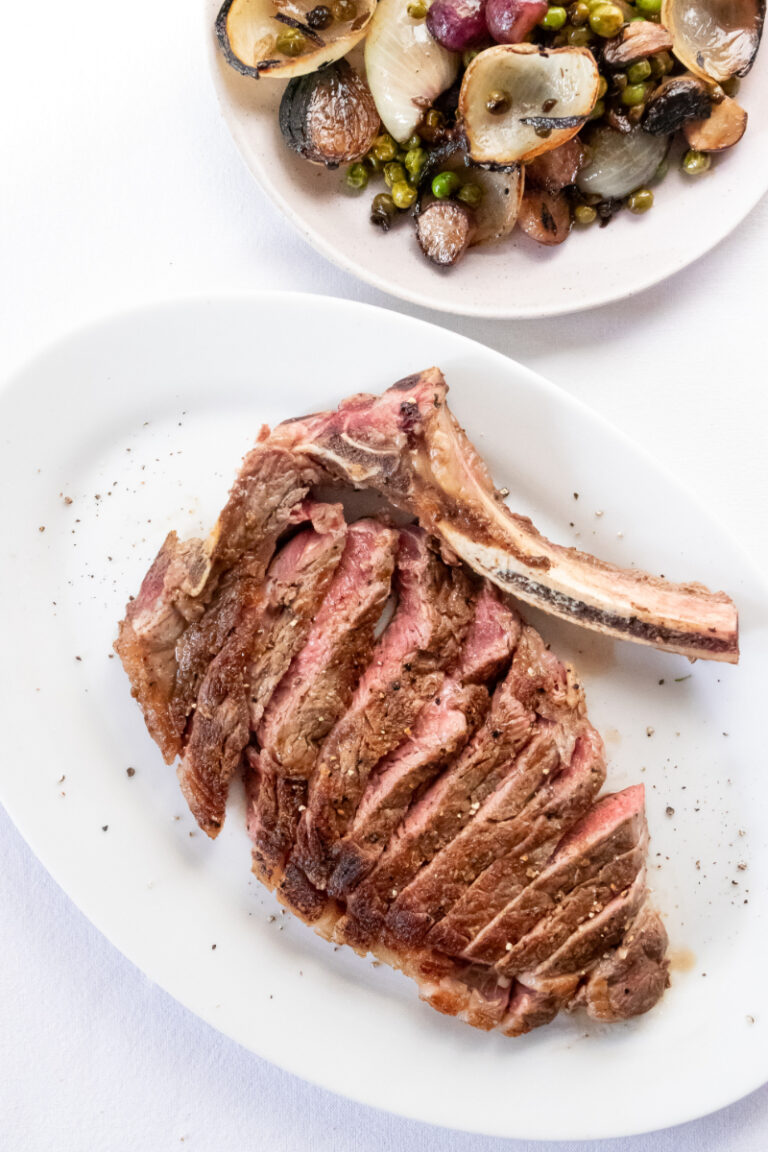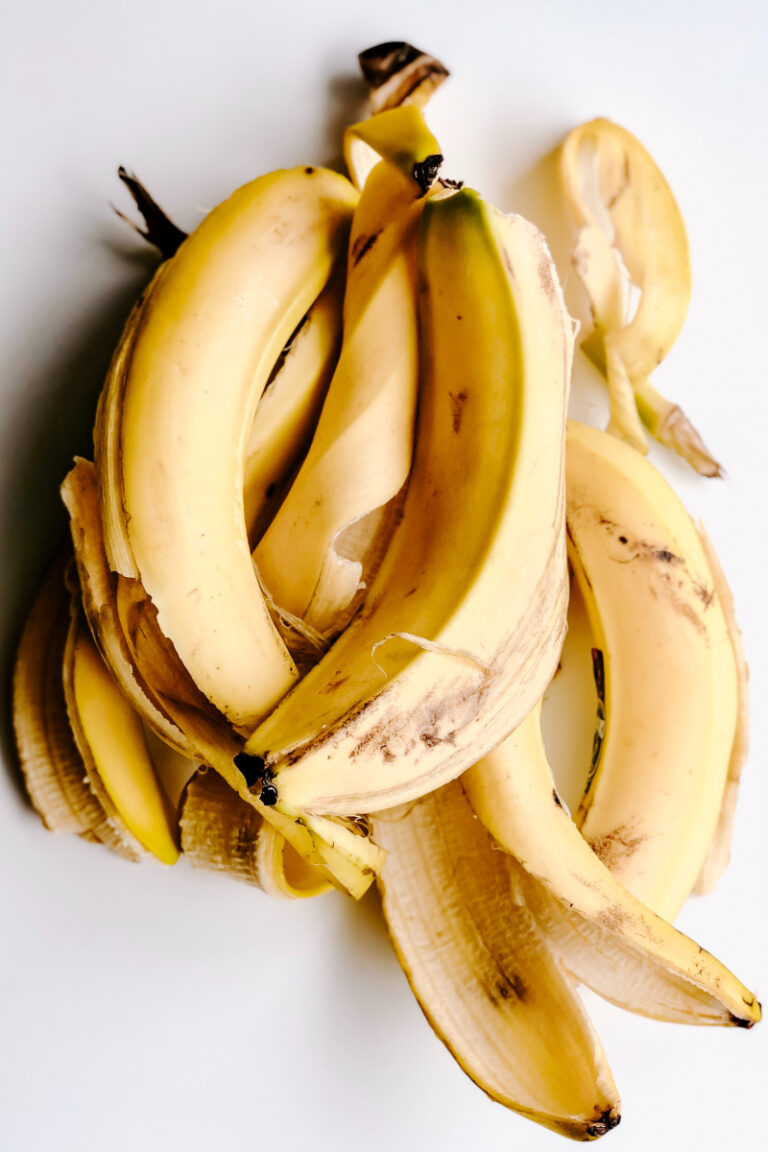Top Must-Read Books for Composting Fanatics
Composting is a natural process that turns organic material into a nutrient-rich soil conditioner. It’s an effective and sustainable way of disposing of organic waste, as it reduces the volume of waste sent to landfill and provides an excellent soil amendment for gardening. The process involves the decomposition of plant remains and other once-living materials to create compost, which is beneficial for the health and well-being of plants.
Understanding composting and how to do it effectively can seem daunting at first. However, with the right resources, anyone can become a proficient composter. One of the best ways to learn about composting is by reading books written by experts in the field.
These books offer in-depth guidance and techniques, from basic composting methods to more advanced strategies. Whether you’re a beginner or an experienced composter looking to enhance your skills, there’s a composting book out there for you.
The Art of Composting: Top Books
Composting is both a science and an art, and these books provide the perfect blend of both. They offer comprehensive guides that will help you understand the intricacies of composting and how to maximize its benefits.
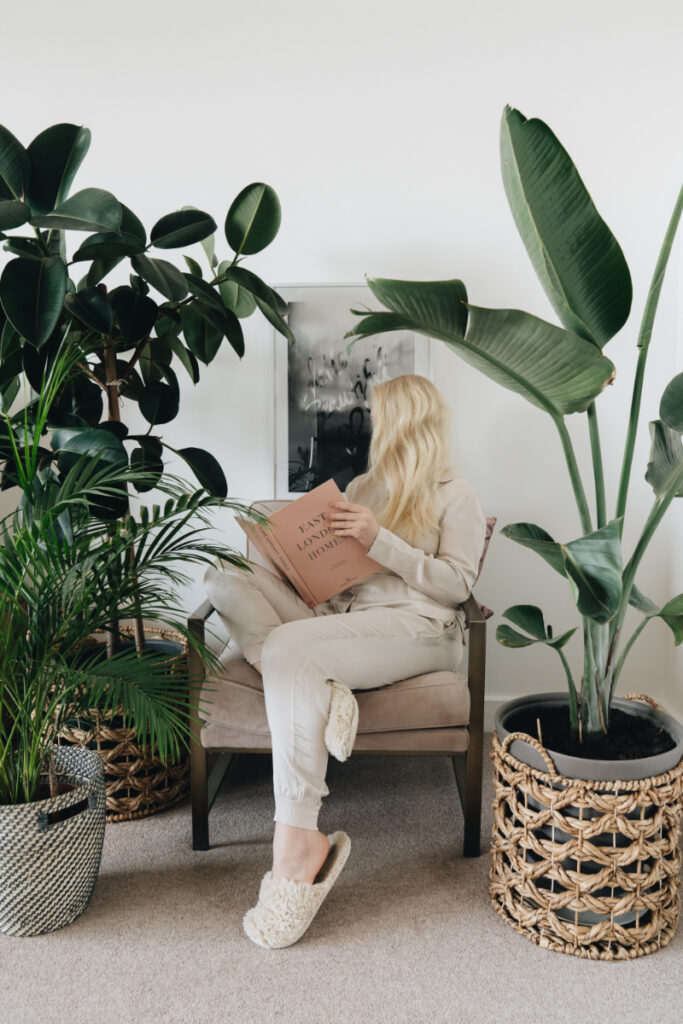
“Let it Rot!: The Gardener’s Guide to Composting” by Stu Campbell
This classic book is often considered the composting bible. It takes readers through the basics of composting, including what compost is, how it works, what materials can be composted, and how to build a compost pile. It also provides tips on how to use finished compost. Campbell’s humor and passion for composting make this a fun and engaging read.
“Compost Everything: The Good Guide to Extreme Composting” by David the Good
This book pushes the boundaries of traditional composting methods. It encourages readers to compost not only kitchen scraps and yard waste but also items typically considered non-compostable. The author’s unique approach offers solutions for minimizing waste and maximizing compost output.
“The Complete Compost Gardening Guide” by Barbara Pleasant and Deborah L. Martin
This comprehensive guide offers innovative composting ideas that go beyond standard compost piles. The authors discuss different composting methods, including trench composting, compost bins, and compost tumblers. They also offer advice on how to use compost to improve soil health and boost plant productivity.
Deep Dive into Specific Composting Techniques
Some composting methods require a more detailed explanation and practice. These books provide in-depth information on specific composting techniques, teaching you how to maximize the use of organic waste in unique ways.
“Worms Eat My Garbage” by Mary Appelhof
This book is an excellent guide to vermicomposting, a technique that uses worms to recycle food waste and other organic material into nutrient-rich compost.
The author provides step-by-step instructions on how to set up and maintain a worm composting system, making it easy for beginners to get started. This book shows you that even if you live in an apartment or have a small yard, you can still compost effectively.
“The Humanure Handbook: A Guide to Composting Human Manure” by Joseph Jenkins
This book may not be for the faint-hearted, but it’s a fascinating read for those interested in advanced composting techniques. Jenkins explores the concept of recycling human waste through composting, offering practical advice on how to safely and effectively turn “waste” into a valuable resource.
The book includes detailed instructions, diagrams, and case studies, making it a comprehensive guide for those willing to try this unconventional composting method.
Composting for Urban Dwellers
Urban composting can be a challenge due to limited space and strict waste disposal rules. However, these books offer practical solutions and innovative methods that make composting feasible even in city environments.
“Composting for a New Generation: Latest Techniques for the Bin and Beyond” by Michelle Balz
This book offers modern techniques for urban composters. Balz covers traditional composting methods but also focuses on new, innovative techniques suitable for small spaces.
She provides detailed instructions on how to compost indoors, use worm bins, and practice trench composting. The book also includes a comprehensive list of what you can and cannot compost, making it a valuable resource for urban dwellers.
“The Urban Composter: An Indoor and Outdoor Guide to Composting for the City Homesteader” by Abigail Gehring
Gehring’s book is a practical guide for city dwellers interested in composting. She offers tips on how to compost in apartments, patios, and small yards.
The book includes easy-to-follow instructions on setting up a compost bin, managing the composting process, and using finished compost. Gehring also addresses common concerns and challenges faced by urban composters and provides effective solutions.
Books on Composting for Kids
Teaching children about composting can instill in them a love for nature and a sense of responsibility towards the environment. These books make learning about composting fun and engaging for young readers.
“Compost Stew: An A to Z Recipe for the Earth” by Mary McKenna Siddals
This beautifully illustrated book introduces children to composting in a fun and simple way. The book follows an alphabet format, with each letter representing a different item that can be composted. It’s a great way to teach children about the variety of materials that can go into a compost pile.
“We Planted a Tree” by Diane Muldrow
While not solely about composting, this book beautifully illustrates the cycle of life and how everything in nature is interconnected. It shows how trees benefit from compost and how they, in turn, provide us with oxygen, shade, and food. It’s a gentle introduction to composting and the broader concept of ecological balance.
Innovative Approaches to Composting
Composting is a continually evolving field, with new techniques and approaches being developed all the time. These books cover some of the more innovative methods, offering fresh perspectives on how to compost effectively.
“The Rodale Book of Composting: Easy Methods for Every Gardener” by Grace Gershuny
This book from the editors of Rodale Press, a pioneer in organic gardening, offers easy-to-follow instructions for making and using compost. It covers a range of composting methods and includes detailed information about compost materials, compost bins, and vermicomposting. The book also explores more advanced topics, such as composting with fungi, making compost tea, and using compost for disease control.
“Bokashi Composting: Scraps to Soil in Weeks” by Adam Footer
Bokashi composting is a Japanese method that ferments organic waste in a sealed bucket before it’s composted. This technique is quick, easy, and works well in small spaces, making it ideal for urban environments. Footer’s book provides a comprehensive guide to Bokashi composting, including step-by-step instructions and troubleshooting tips.
Conclusion
Composting is a powerful tool in the fight against waste and for a healthier environment. It not only reduces the amount of waste going to landfills but also enriches the soil, helping to grow healthy plants and reduce the use of chemical fertilizers.
Whether you’re a beginner or an experienced composter, there’s always something new to learn in the world of composting.
The books listed in this guide cover a wide range of topics and techniques, from basic composting methods to advanced strategies and innovative approaches. They offer valuable insights and practical advice, making composting accessible and enjoyable for everyone.
Remember, every bit of organic waste that you compost makes a difference. So why not pick up one of these books and start your composting journey today? You’ll be contributing to a healthier planet, and your garden will thank you for it!
